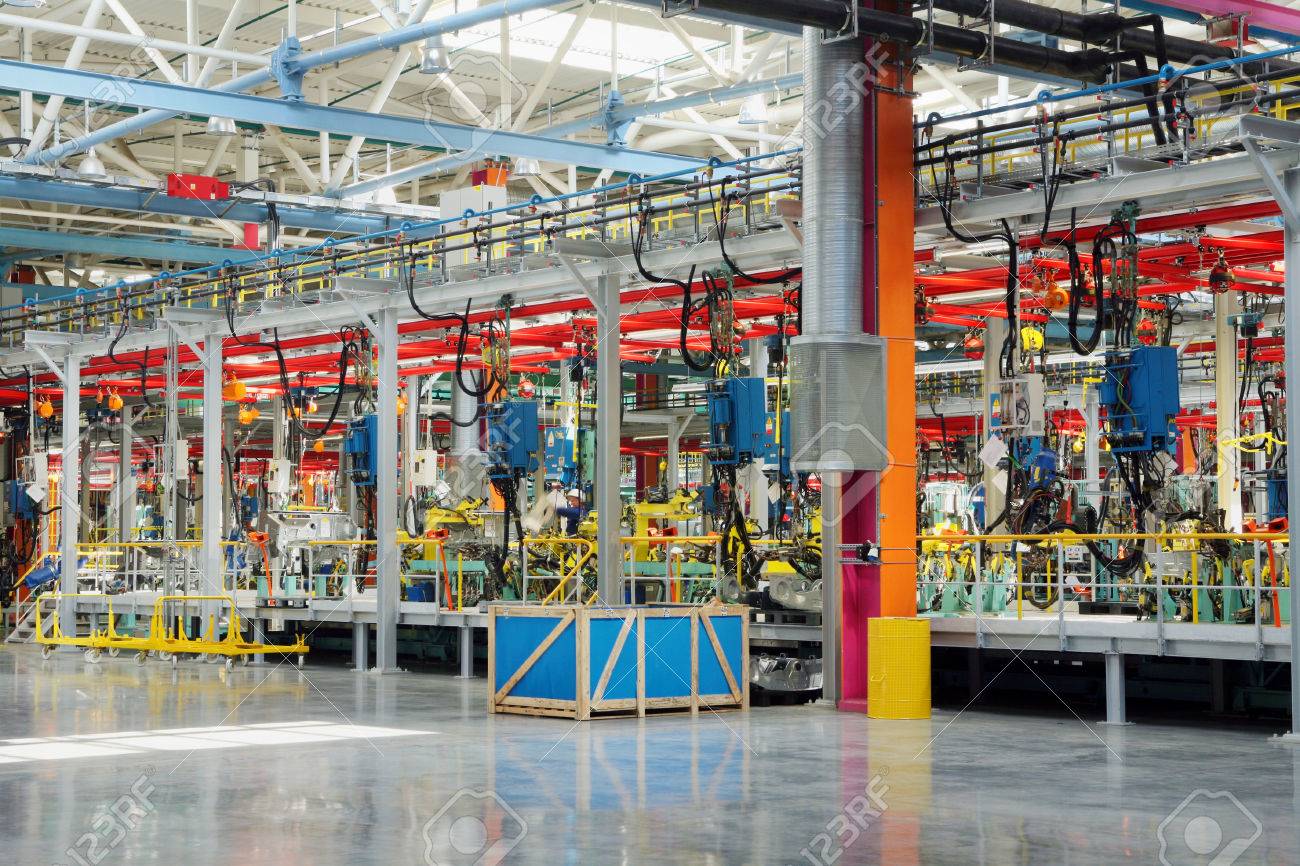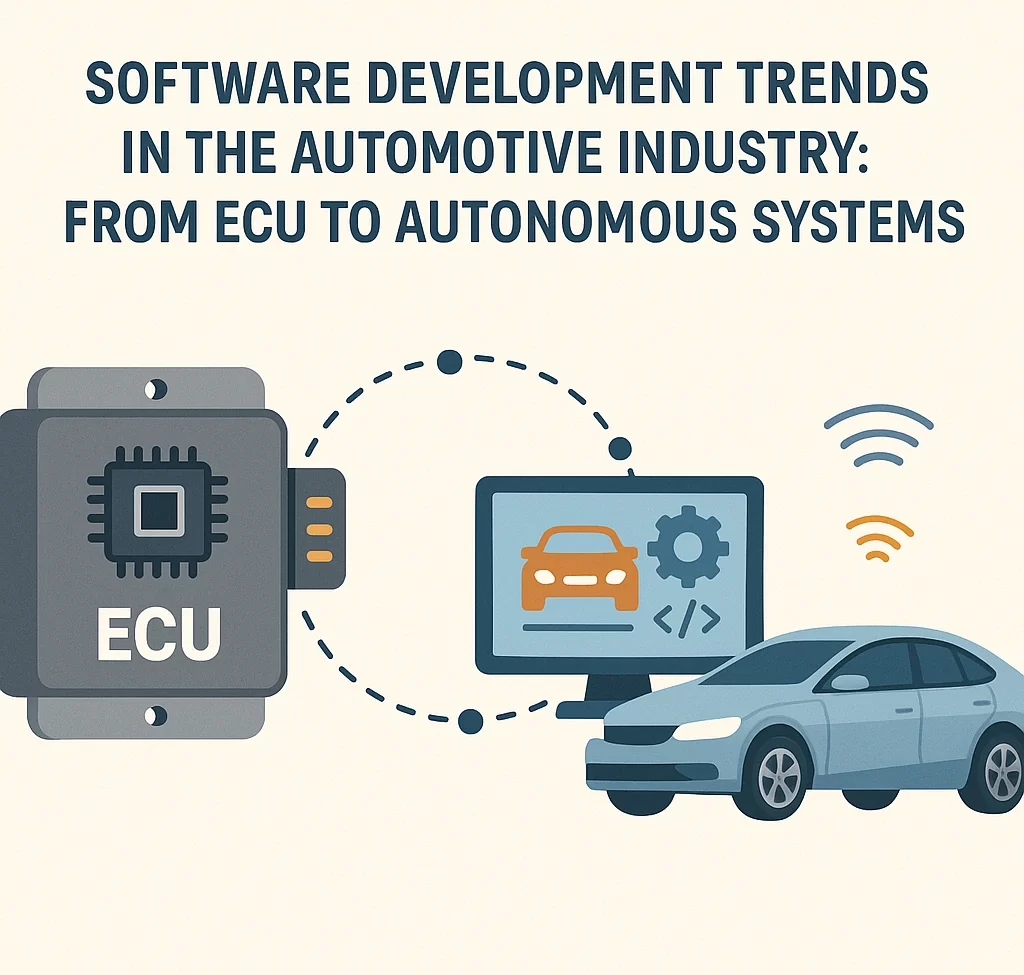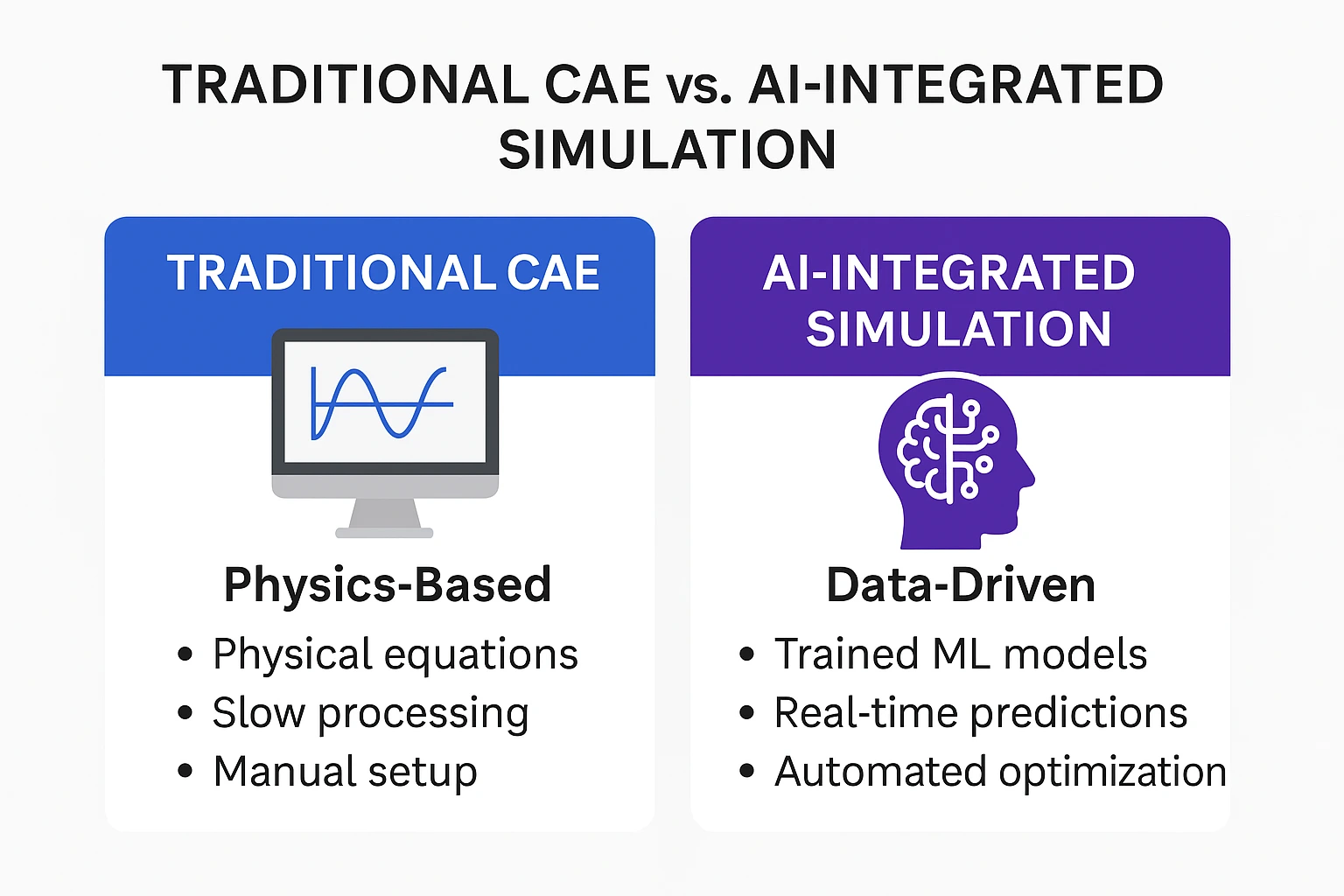The automotive and automation industries in Vietnam have been growing rapidly with the participation of global OEMs and hundreds of suppliers. From design, simulation, jig & fixture manufacturing, industrial robots, automation systems, to precision machining of automotive parts, businesses often face the dilemma: should they work with local technical service providers or international suppliers to achieve the best outcomes?
Advantages of Local Providers
- Faster response and on-site technical support
In the automotive sector, production schedules and testing timelines are extremely critical. Issues with jigs, fixtures, robots, or automation lines must be solved quickly. Local providers like TASVINA can send engineers directly to the factory floor for immediate troubleshooting, minimizing downtime. - Lower logistics and transportation costs
Automotive tooling, jigs, or automated equipment are often bulky and heavy. Importing them internationally involves high shipping fees, import taxes, and customs clearance delays. Local providers reduce these costs and shorten installation lead times. - Familiarity with domestic standards and regulations
Automotive plants often require compliance with TCVN, ISO, IATF 16949, and local safety standards. Domestic providers understand these requirements well, reducing the risk of errors during audits or acceptance tests. - Flexibility and customization
Each automotive production line is unique. Local suppliers can work closely with in-house engineers to fine-tune solutions that meet specific needs, something that global suppliers may find challenging due to distance and communication barriers.
Advantages of International Providers
- Advanced technology and expertise
Global corporations often lead in next-generation industrial robots, digital twin simulations, smart control systems, and AI-driven manufacturing. For projects requiring cutting-edge innovation and global certification, international partners can be the right choice. - Scalability and production capacity
For large-volume orders of fixtures, robotic systems, or complex automation lines, international providers may have greater resources, production facilities, and manpower. - Global standards compliance
Particularly for OEM projects aimed at export, international suppliers are familiar with the strict requirements of global automotive brands (Toyota, Ford, Hyundai…), ensuring solutions meet international benchmarks.
Key Challenges
| Local Providers | International Providers |
|---|---|
| Technology may be limited in advanced areas like AI, digital twin, or next-gen robotics. | Communication barriers, time-zone differences, slower issue resolution. |
| Scaling capacity can be challenging for very large projects. | High logistics, import taxes, after-sales service costs. |
| Still reliant on imported parts for some specialized equipment. | Risks with IP protection, contracts, and quality assurance if not closely monitored. |
When to Choose Local vs. International
- Local providers are ideal when projects demand frequent adjustments, fast maintenance, or cost optimization in robotics, automation, and jig & fixture manufacturing.
- International providers are suitable when aiming for export markets, strict global standards, or pioneering technologies not yet available locally.
- Many Vietnamese automotive firms adopt a hybrid approach: leveraging local suppliers for cost-effective execution and maintenance while engaging international partners for advanced technology and large-scale systems.
Example: TASVINA
TASVINA, a Vietnam-based company specializing in design, simulation, precision manufacturing, automation, jig & fixture, industrial robots, BIM, and CAM, demonstrates the advantages of local providers:
- For automotive plants, TASVINA can design and manufacture jigs and fixtures domestically, saving logistics costs and reducing delivery time.
- Projects involving industrial robots and automation lines are executed locally with on-site support, ensuring continuous operation.
- Vietnamese engineers provide fast and flexible collaboration with client teams to fine-tune solutions, which is difficult for overseas partners to achieve promptly.
Conclusion
In automotive and automation, there is no one-size-fits-all answer to whether local or international providers are better. Businesses must evaluate:
- Project goals (localization vs. globalization)
- Technology requirements (standard automation vs. cutting-edge innovations)
- Implementation speed and maintenance needs
- Total cost and long-term risks
For companies seeking to optimize cost, shorten timelines, and ensure fast technical support, local providers like TASVINA are a strategic choice. For projects requiring global standards and breakthrough technology, international partnerships are often necessary.













